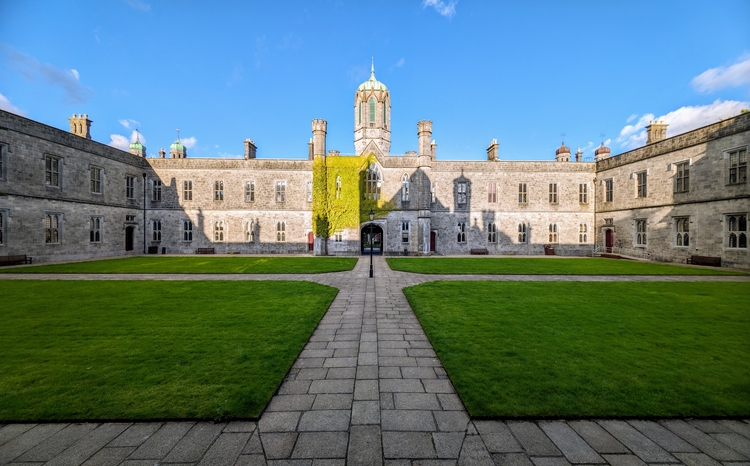New clinic in Ireland to study ageing process
- 4 March 2008
The Technology Research for Independent Living (TRIL) centre in Dublin, has opened a new clinic, supported by Intel and the Industrial Development Agency Ireland, which aims to discover and deliver technology solutions to support independent ageing.
The clinic will be based in St James’s Hospital in Dublin, and aims to combine clinical knowledge with the latest technology to conduct breakthrough research into the physical, psychological and social consequences of ageing.
An Intel spokesperson told E-Health Europe: “Since opening, the clinic at has evaluated more than 100 patients with full ethical approval, and expects to have assessed 600 by the end of 2008.
“Currently, due to the strong leadership of the centre, all projects are on track and the centre is primed for the first release of its Technology Platform, with home pilots expected later in the year.”
TRIL researchers plan to assess up to 600 older people at the TRIL Clinic. The data they
gather will help them to understand the impact of falls and find ways of predicting and, by extension, reducing them.
“Falls and dementia are the two key factors that prevent people from ageing successfully,” said Professor Rose Anne Kenny, principal investigator at the TRIL Centre, St James’s Hospital.
“If we are going to support successful and independent ageing we need to bring researchers from medical and technological disciplines together – that is what we are doing with TRIL. At the TRIL Clinic, we will be assessing older people and we hope to learn how to apply new technologies to detect injury and illness sooner and improve quality of life,” Professor Kenny added.
Researchers also plan to identify and measure behaviour patterns that lead to cognitive decline and dementia, which are the biggest barriers to independence.
Irish health minister, Maire Hoctor, who launched the clinic, said: “Our healthcare system must move forward if it is to deal successfully with the needs of our growing elderly population. We need to look at new ways to help people cope with age-related illness, injury and isolation, because these problems will only get bigger.”
The clinic will also explore how technology can enable social interaction among older people. The aim is to show that connecting people with the community and their friends and families using the latest research technologies will improve their quality of life.
Ian Carter, chief executive of St James’s Hospital, said: “St James’s Hospital is committed to world-class research activities across all disciplines and the TRIL Clinic is an example of how collaborative research programmes can support the hospital’s work, prevent admission to hospital and support older people living well at home.”
The Intel spokesperson said the TRIL project would open new doors for research into independent ageing.
“The TRIL team is currently building an open, shareable research platform that will accelerate research into supporting independent ageing. This requires researchers from several different disciplines to work together towards the common goal through laboratory research, home evaluations and clinical reviews.
“These multidisciplinary teams include experts in social sciences, clinicians and technology engineers. Experts work together with older people and their families, inventing new technologies that aid independence.”
The TRIL clinic is part of the multi-million euro TRIL Centre which is an active research collaboration between industry and academic partners including Intel, Trinity College Dublin, University College Dublin and the National University of Ireland, Galway.
The centre created dedicated laboratories at Intel as well as in each of the universities involved and is driving bidirectional knowledge and technology transfer.
Jim O’Hara, vice president of the Technology and Manufacturing group, and general manager of Intel Ireland, said: “The dramatic growth of our elderly population is one of our planet’s most pressing social and economic challenges. To really tackle this, it requires new approaches. We need significant investment and revolutionary technology.
“The TRIL team is currently building the capacity, the networks, the clinical knowledge, and the shared technology platforms that will become a game-changing initiative to help address this challenge.”
Link




